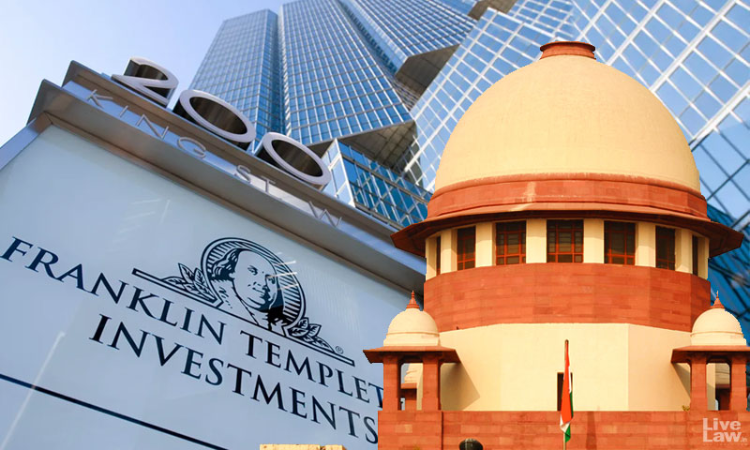SEBI Turned A Blind Eye To Franklin Templeton's Violations: Unit Holder Argues In Supreme Court
Srishti Ojha
18 Feb 2021 8:03 PM IST

Next Story
18 Feb 2021 8:03 PM IST
Unit holders and Investors in the Franklin Templeton case on Thursday argued before the Supreme Court that the Securities And Exchange Board Of India (SEBI) was aware of all the violations being done by Franklin Templeton, but it turned a blind eye and took no action. A division Bench of Justices Abdul Nazeer and Sanjeev Khanna was hearing the plea by Franklin Templeton challenging...
